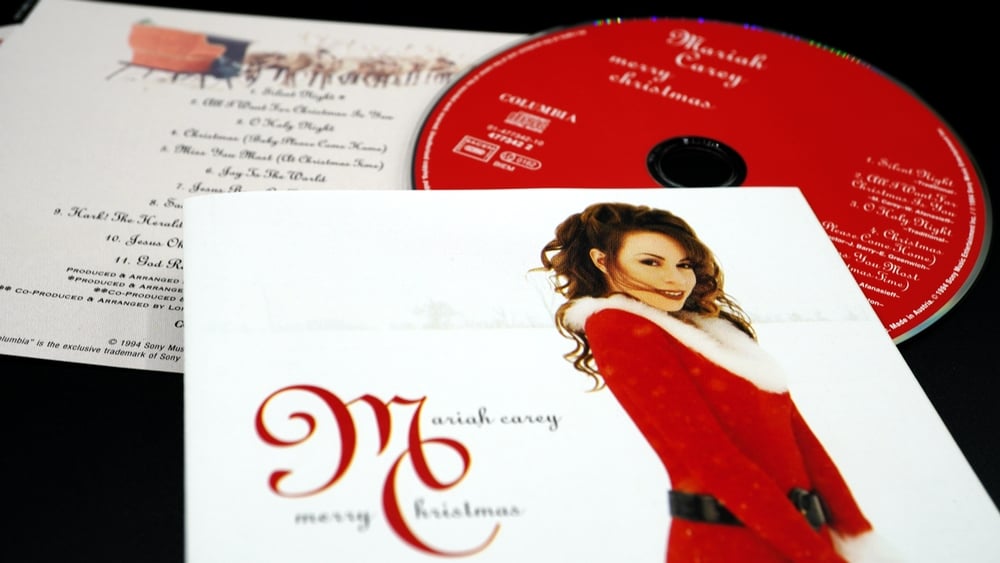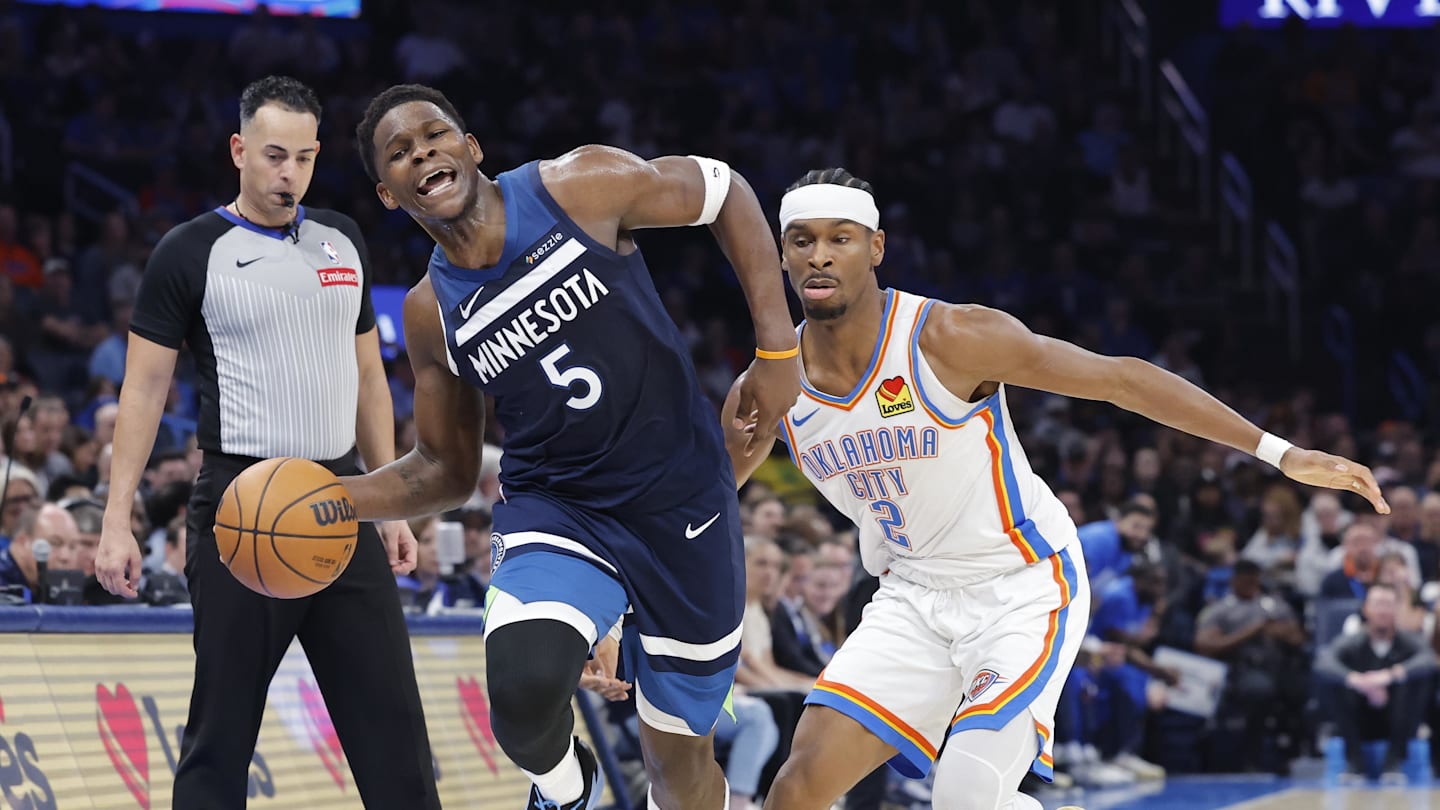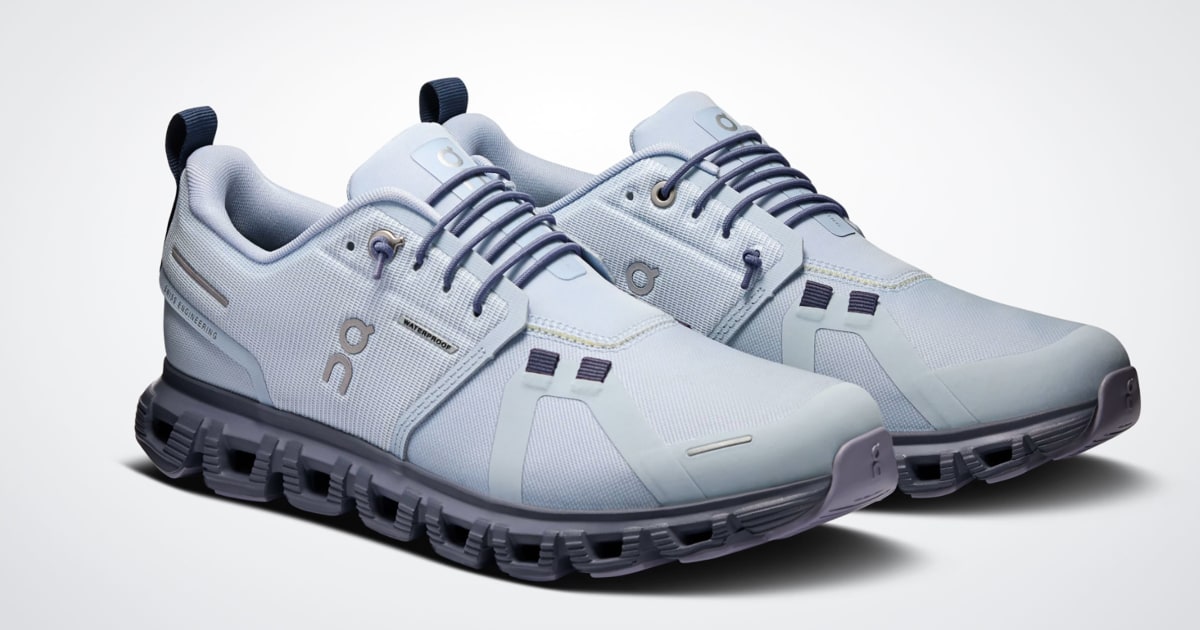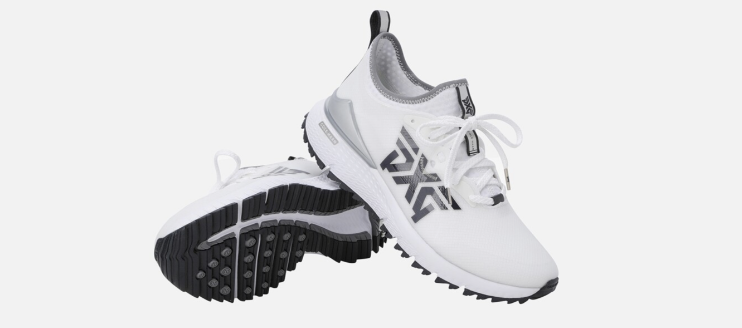Sony Music sues retail giant DSW Designer Shoe Warehouse over ‘massive’ infringement of recordings in social media ads

US shoe retailer Designer Shoe Warehouse (DSW) has been hit with another copyright infringement lawsuit by a major music company.

Warner Music Group sued DSW in May, claiming that DSW Designer Shoe Warehouse and parent Designer Brands Inc “misappropriated over two hundred” of WMG’s recordings and compositions in TikTok and Instagram posts.
Now, DSW has been sued by Sony Music Entertainment over what SME claims to be “rampant infringement” of its sound recordings in social media ads.
SME claims in a lawsuit filed last week, which you can read here, that DSW used Sony recordings to advertise its company’s shoe businesses on its own social media accounts and via influencers who were paid to promote DSW’s products and stores.
Sony claims in the complaint that it “does not yet know the full scope of DSW’s infringement”, but says that “at a minimum” DSW and its influencers used 122 of SME’s sound recordings in more than 170 unauthorized video promotions.
Among the recordings that DSW is alleged to have infringed are Crazy in Love by Beyoncé (and Jay-Z); Paint The Town Red performed by Doja Cat; Sweet Dreams (Are Made of This), performed by Eurythmics; THATS WHAT I WANT, performed by Lil Nas X; and All I Want for Christmas Is You, performed by Mariah Carey.
Sony’s lawsuit against DSW comes a month after the shoe retailer filed its own lawsuit against Sony Music, Universal Music, and BMG, seeking a declaration from the court that it hasn’t infringed any copyrights owned by those music companies.
DSW said that it had received demand letters from the companies accusing the retailer and its subsidiaries of copyright infringement in social media posts. (DSW’s lawsuit against the three companies arrived two months after the shoe retailer was sued by WMG for infringement.)
In its complaint filed against SME, UMG, and BMG last month, DSW argued that its posts adhered to the social platforms’ terms of service and that music used in the posts was covered by license agreements between the labels and social media platforms.
DSW operates nearly 500 stores in 45 U.S. states. In its filing against the three music companies last month, the company claimed that it “guards [its] own intellectual property carefully and respects the intellectual property of others.”
According to Sony’s new complaint, “at the times DSW infringed SME’s copyrights, DSW knew of the need to obtain permission from, and pay, SME to use SME’s sound recordings in DSW’s commercial advertising”.
The lawsuit adds that “DSW has decades of experience licensing music to promote its businesses and previously licensed sound recordings from SME for this very purpose”.
Sony’s complaint continues: “Despite DSW’s knowledge and resources, and despite lacking permission from SME, DSW used SME’s sound recordings in its unauthorized advertisements because it needed that music to entice consumers to view DSW’s social media posts.”
“DSW has decades of experience licensing music to promote its businesses and previously licensed sound recordings from SME for this very purpose.”
Sony Music lawsuit filed against DSW
The lawsuit also addresses DSW’s claim that its music use was covered within TikTok and Instagram’s respective terms of service.
The complaint points out that the “social media platforms on which DSW posted the Infringing Posts expressly provide that users may not infringe copyrights in sound recordings on their platform, particularly in connection with commercial activities”.
It adds: “For example, TikTok’s Terms of Service, to which a user must assent and agree to post videos to TikTok, makes clear that ‘Our Services are provided for private, non-commercial use.’”
Sony also notes that TikTok “provides business users with an audio library of pre-cleared music for commercial content and ad creation”, but that the SME Recordings “are not part of that library and DSW could not have obtained any of them from that library”.
The lawsuit continues: “Moreover, since approximately August 2020, before business account users like DSW can post a video to their TikTok account, they must confirm that either (A) they own all of the rights to the music included in this video; or (B) the music is in the public domain; or (C) they have permission from all necessary rights holders to use the music on the TikTok platform. If they cannot confirm (A) or (B) or (C), any music included in the video will be muted.”
Sony also highlights that “Likewise, since at least as early as April 2018, the Music Guidelines referenced in Instagram’s Terms of Use have prohibited the commercial use of music without an appropriate license”.
According to Sony’s lawsuit, “on information and belief, DSW was notified by one or more platforms or other third parties that DSW and its influencers had posted advertisements on social media which used copyrighted sound recordings without permission and thus infringed those copyrights”.
Sony’s lawsuit against DSW is the latest involving a prominent music company taking legal action over unauthorized use of music in social media posts.
For example, UMG sued the owner of US Tex-Mex restaurant chain Chili’s in October for allegedly infringing its copyrights in numerous social media posts.
Also in October, Sony Music settled a lawsuit against Marriott Hotels over the alleged “rampant” infringement of copyrighted materials in social media posts.
In another recent case, Sony Music sued the University of Southern California, alleging the school repeatedly and willfully used unauthorized copyrighted music in its social media posts.
Similar complaints have been filed against companies including a lawsuit against Cookie giant Crumbl (sued by WMG), a lawsuit between the Associated Production Music — jointly owned by Sony Music Publishing and Universal Music Publishing Group — and the American Hockey League; the case between Sony Music and US cosmetics brand OFRA; and the lawsuit filed by Kobalt Music Publishing, Artist Publishing Group and others against 14 NBA teams.Music Business Worldwide
link






